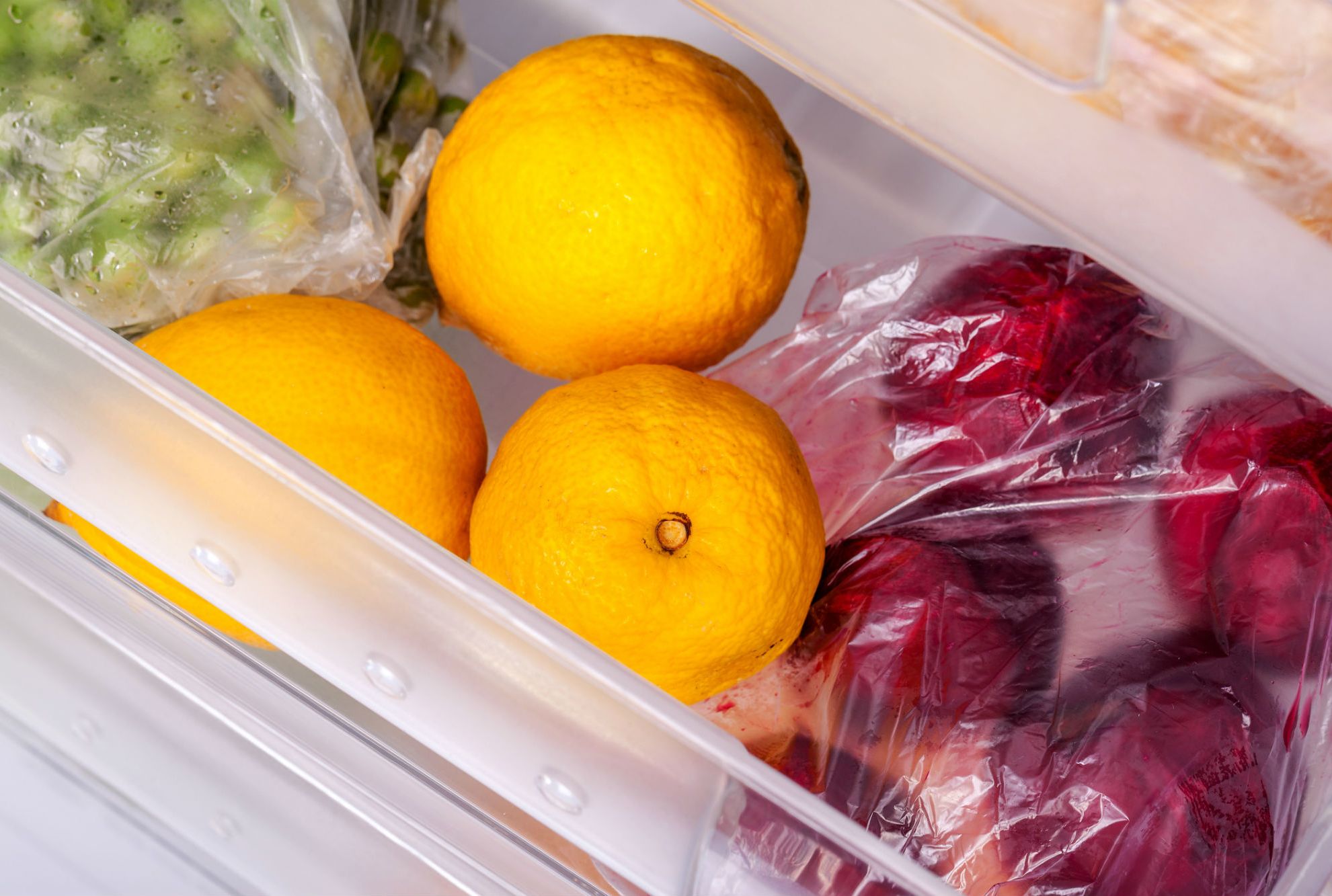

Articles
How To Store Lemons For Months
Modified: February 24, 2024
Learn the best techniques for storing lemons and keeping them fresh for months. Read our helpful articles and never waste a lemon again!
(Many of the links in this article redirect to a specific reviewed product. Your purchase of these products through affiliate links helps to generate commission for Storables.com, at no extra cost. Learn more)
Introduction
Lemons are a versatile and refreshing citrus fruit that adds a burst of flavor to various dishes and beverages. They are not only delicious but also packed with essential nutrients like vitamin C and fiber. However, the shelf life of lemons is relatively short, and they can quickly spoil if not stored properly. Fortunately, there are several methods you can use to extend the longevity of lemons and enjoy their vibrant taste and benefits for months to come.
In this article, we will explore the different techniques to store lemons for an extended period. Whether you have an overabundance of lemons from your backyard tree or want to stock up on this tangy fruit while it’s in season, these tips will help you keep your lemons fresh and flavorful.
Key Takeaways:
- Extend the shelf life of lemons by selecting firm, vibrant, and blemish-free fruits. Properly prepare and store them in the refrigerator or freezer to enjoy their tangy goodness for months to come.
- Explore alternative storage methods like preserving lemons or making lemon syrup to infuse unique flavors and extend their usability. Follow tips to maintain lemon quality and minimize waste.
Read more: How To Store Cilantro For Months
Understanding the Shelf Life of Lemons
Before diving into the storage methods, it’s important to understand the natural lifespan of lemons. Typically, lemons can last for about one to two weeks when stored at room temperature. However, factors such as temperature, humidity, and the freshness of the lemons can affect their shelf life.
Lemons have a thin, porous skin that can quickly lose moisture and become dehydrated. As a result, they may become less juicy and more prone to spoilage. Exposure to heat, sunlight, and air can accelerate this process and shorten the lifespan of lemons.
Additionally, lemons are sensitive to ethylene gas, which is released by certain fruits and vegetables as they ripen. Exposure to ethylene can cause lemons to deteriorate more rapidly. Therefore, it’s essential to store lemons away from ethylene-producing foods, such as apples, bananas, and tomatoes.
By understanding these factors, you can take the necessary steps to prolong the shelf life of lemons and ensure their freshness and quality for an extended period. Now, let’s move on to the next section, where we will discuss how to select the right lemons for long-term storage.
Selecting the Right Lemons for Long-Term Storage
When it comes to extending the storage life of lemons, selecting the right ones from the start is crucial. Here are some tips to help you choose lemons that are ideal for long-term storage:
- Choose lemons that are firm and without any soft spots. Soft spots can indicate that the lemon is starting to spoil, and it will not last as long.
- Look for lemons with a vibrant yellow color. Avoid lemons that are overly green or have a dull appearance, as these may not be fully ripe.
- Opt for lemons with smooth, thin skins. Thick or rough skins can indicate that the lemon is older and may not last as long.
- Avoid lemons with blemishes or mold. These are signs of spoilage and should not be used for long-term storage.
By choosing lemons that are in optimal condition, you are setting yourself up for successful long-term storage. Now, let’s move on to the next section, where we will explore how to prepare lemons for extended storage.
Preparing Lemons for Extended Storage
Before storing lemons for an extended period, it’s important to take a few steps to prepare them. This will help ensure that the lemons stay fresh and maintain their flavor throughout the storage period. Here’s how to prepare lemons for extended storage:
- Wash the lemons: Give the lemons a gentle wash under cool running water to remove any dirt or residue from the skin. Pat them dry with a clean towel before proceeding.
- Inspect and remove damaged lemons: Examine each lemon for any signs of damage, such as soft spots or mold. Remove any damaged lemons from the batch, as they can potentially spoil the others.
- Consider sterilizing the lemons: If you want to take an extra precautionary step, you can sterilize the lemons to eliminate any potential bacteria or fungi. To do this, soak the lemons in a mixture of water and vinegar for a few minutes, then rinse them thoroughly and pat them dry.
- Leave the stems intact: It’s best to leave the stems of the lemons intact during storage. This helps to minimize moisture loss and maintain the overall freshness of the fruit.
By following these preparation steps, you are ensuring that your lemons are in the best condition for extended storage. Now, let’s explore the options for storing lemons in the refrigerator.
Storing Lemons in the Refrigerator
The refrigerator is an excellent option for storing lemons and extending their shelf life. Follow these steps to store lemons in the refrigerator:
- Place the lemons in a perforated plastic bag or wrap them loosely in a paper towel. The perforations or loose wrapping will allow some airflow and prevent excess moisture accumulation.
- Store the lemons in the refrigerator’s crisper drawer or in a separate compartment away from other foods. This will help maintain stable temperature and humidity levels.
- Avoid placing lemons next to ethylene-producing fruits and vegetables, as the ethylene can cause the lemons to spoil more quickly. Store them in a separate section if possible.
- Do not wash the lemons before storing them in the refrigerator. Moisture can promote mold growth and spoilage. It’s best to wash the lemons just before using them.
When stored properly in the refrigerator, lemons can stay fresh for up to four weeks. However, keep in mind that the longer the lemons are stored, the more their flavor and juiciness may diminish. Now, let’s move on to the next storage method – freezing lemons.
To store lemons for months, place them in a resealable plastic bag and store them in the refrigerator. This will help to retain their moisture and keep them fresh for a longer period of time.
Read more: How To Store Spinach For Months
Storing Lemons in the Freezer
If you have an excess of lemons or want to store them for an even longer period, freezing them is a great option. Here’s how to store lemons in the freezer:
- Start by washing and drying the lemons thoroughly.
- Slice the lemons into desired shapes, such as wedges or rounds. You can also zest the lemons before freezing if you plan to use the zest in recipes.
- Place the lemon slices or zest in a single layer on a baking sheet lined with parchment paper. This will prevent them from sticking together during freezing.
- Place the baking sheet in the freezer and allow the lemon slices or zest to freeze for a few hours, until they’re completely frozen.
- Once frozen, transfer the lemon slices or zest to a freezer-safe bag or airtight container. Label the container with the date to keep track of their freshness.
Frozen lemons can be stored in the freezer for up to four months. When you’re ready to use them, simply take out the desired amount and thaw them in the refrigerator or use them directly in recipes if called for.
Freezing lemons is not only a convenient way to store them long-term, but it also preserves their vitamin C content. You can use these frozen lemons in various dishes, from adding zest to baked goods to squeezing the juice into refreshing beverages. Now, let’s explore some alternative storage methods for lemons.
Using Alternative Storage Methods for Lemons
While refrigerating and freezing are the most common methods for storing lemons, there are a few alternative storage methods you can try if you don’t have access to a refrigerator or freezer. Here are a couple of options:
- Preserved Lemons: Preserving lemons is a traditional method that involves packing them in salt and lemon juice. This process helps preserve the lemons for a long period and imparts a unique flavor. To make preserved lemons, cut the lemons into wedges, layer them in a jar with salt, and pour lemon juice over them until they are fully submerged. Seal the jar and leave it at room temperature for a few weeks to allow the flavors to develop. Once preserved, they can be stored in the refrigerator for up to a year.
- Lemon Syrup: Another option is to make lemon syrup. Simply squeeze the juice from the lemons and mix it with an equal amount of sugar. Heat the mixture in a saucepan until the sugar dissolves completely, then allow it to cool. Pour the syrup into sterilized jars and seal them tightly. Lemon syrup can be stored in a cool, dark place for several months and can be used in various recipes and beverages.
These alternative storage methods provide unique ways to enjoy the flavor of lemons while preserving them for extended periods. Experiment with these methods to find the one that suits your taste and storage needs. Now, let’s move on to some valuable tips for maintaining lemon quality during storage.
Tips for Maintaining Lemon Quality during Storage
To ensure that your lemons stay fresh and maintain their quality during storage, consider the following tips:
- Avoid excess moisture: Moisture can cause lemons to spoil quickly. Make sure the lemons are dry before storing them and avoid storing them in a humid environment.
- Inspect periodically: Check your stored lemons regularly for any signs of mold, soft spots, or spoilage. Remove any affected lemons promptly to prevent contamination of the others.
- Use mature lemons first: If you have both ripe and less ripe lemons, use the ripe ones first as they tend to spoil faster. This way, you can ensure that no lemons go to waste.
- Avoid temperature fluctuations: Fluctuating temperatures can cause lemons to deteriorate more quickly. Store them in a place where the temperature remains relatively consistent, such as the refrigerator’s crisper drawer.
- Store individual lemons: If possible, try storing lemons individually instead of stacking them. This can help prevent unnecessary pressure or bruising, which can shorten their shelf life.
- Only wash lemons before using them: While it’s important to wash lemons before consuming or using them, avoid washing them before storage. This can introduce moisture and lead to faster spoilage. Instead, wash them just before you plan to use them.
By implementing these tips, you can maintain the quality and freshness of your stored lemons and maximize their usability. Now, let’s wrap up our discussion.
Conclusion
Storing lemons for months is not only possible but also a great way to enjoy their tangy flavor and health benefits throughout the year. By understanding the natural shelf life of lemons and following the proper storage methods, you can extend their longevity and maintain their freshness and quality.
Whether you choose to store lemons in the refrigerator, freezer, or explore alternative methods like preserving or making lemon syrup, each approach offers its unique benefits. The refrigerator provides a convenient and accessible storage option, while freezing allows you to preserve lemons for even longer periods. Alternative methods like preserving lemons or making lemon syrup infuse the flavors and can be used in various culinary creations.
Remember to choose the right lemons, prepare them correctly before storage, and take precautions to prevent moisture and spoilage. Regularly inspect your stored lemons and use the ripest ones first to minimize waste.
Now that you have a comprehensive understanding of how to store lemons for months, you can enjoy the refreshing taste of lemons in your dishes, sauces, beverages, and desserts long after their peak season. So go ahead, stock up on lemons, employ the proper storage techniques, and bring a burst of tangy goodness into your life, no matter the time of year.
Frequently Asked Questions about How To Store Lemons For Months
Was this page helpful?
At Storables.com, we guarantee accurate and reliable information. Our content, validated by Expert Board Contributors, is crafted following stringent Editorial Policies. We're committed to providing you with well-researched, expert-backed insights for all your informational needs.

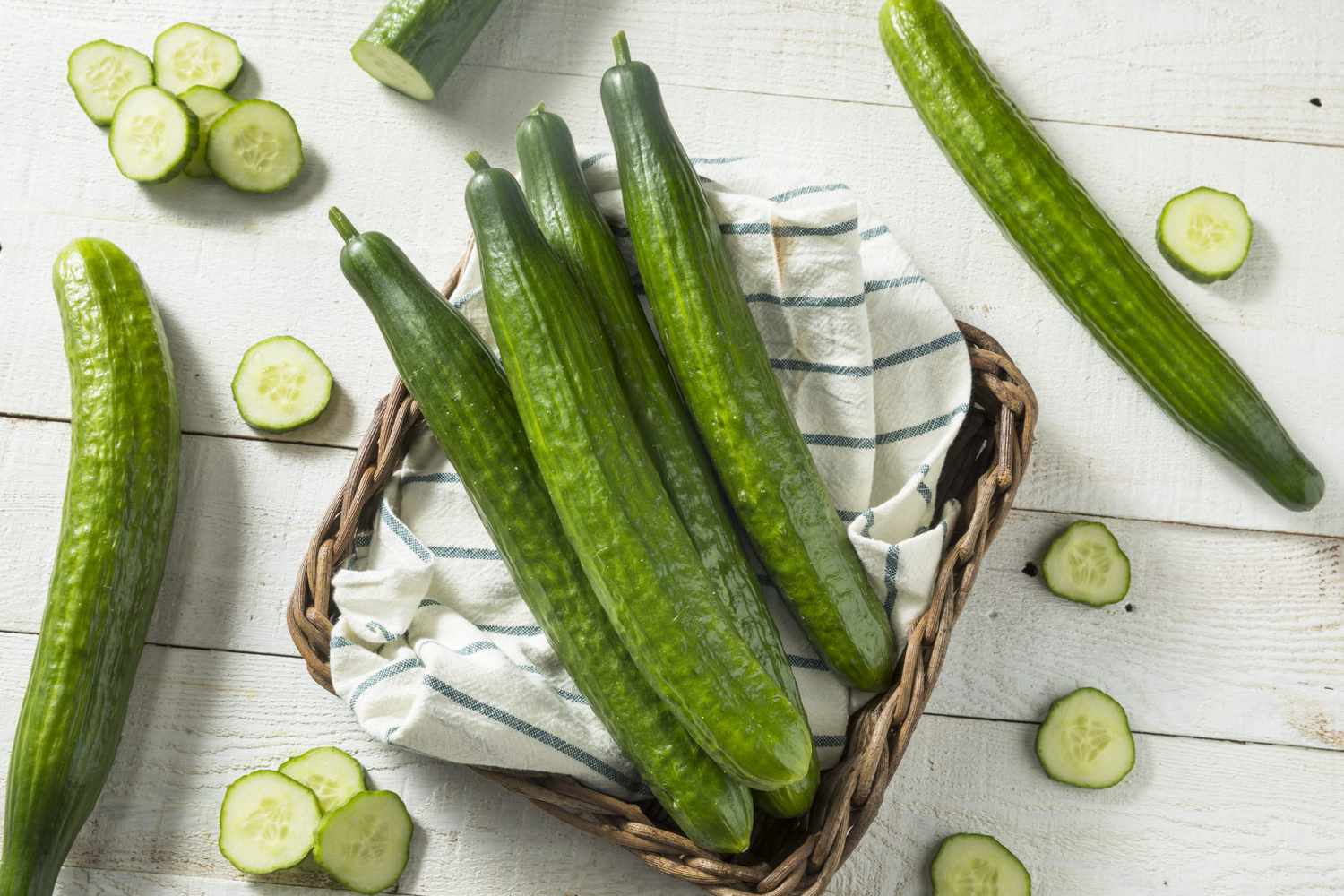
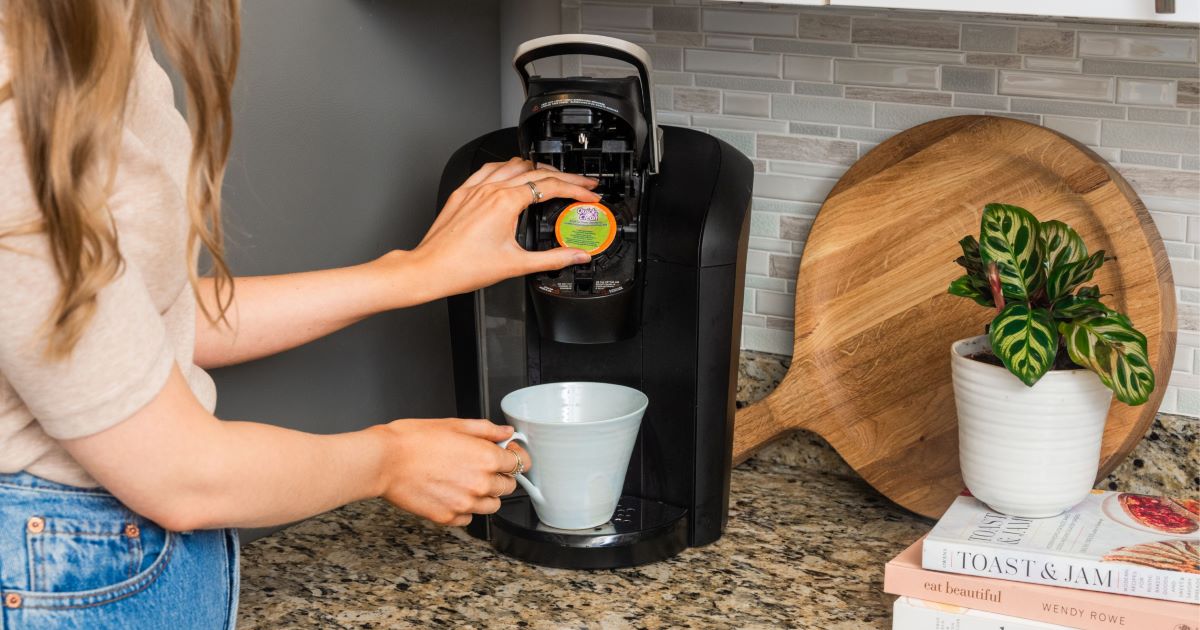
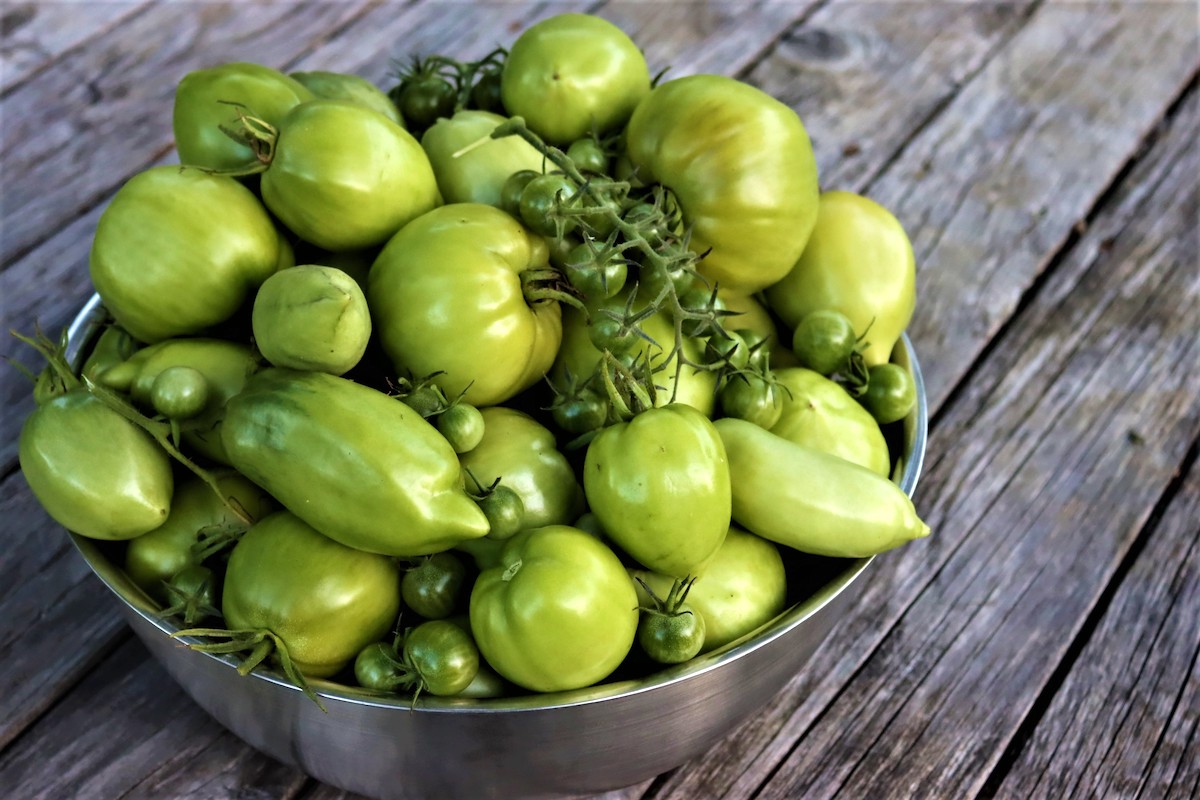
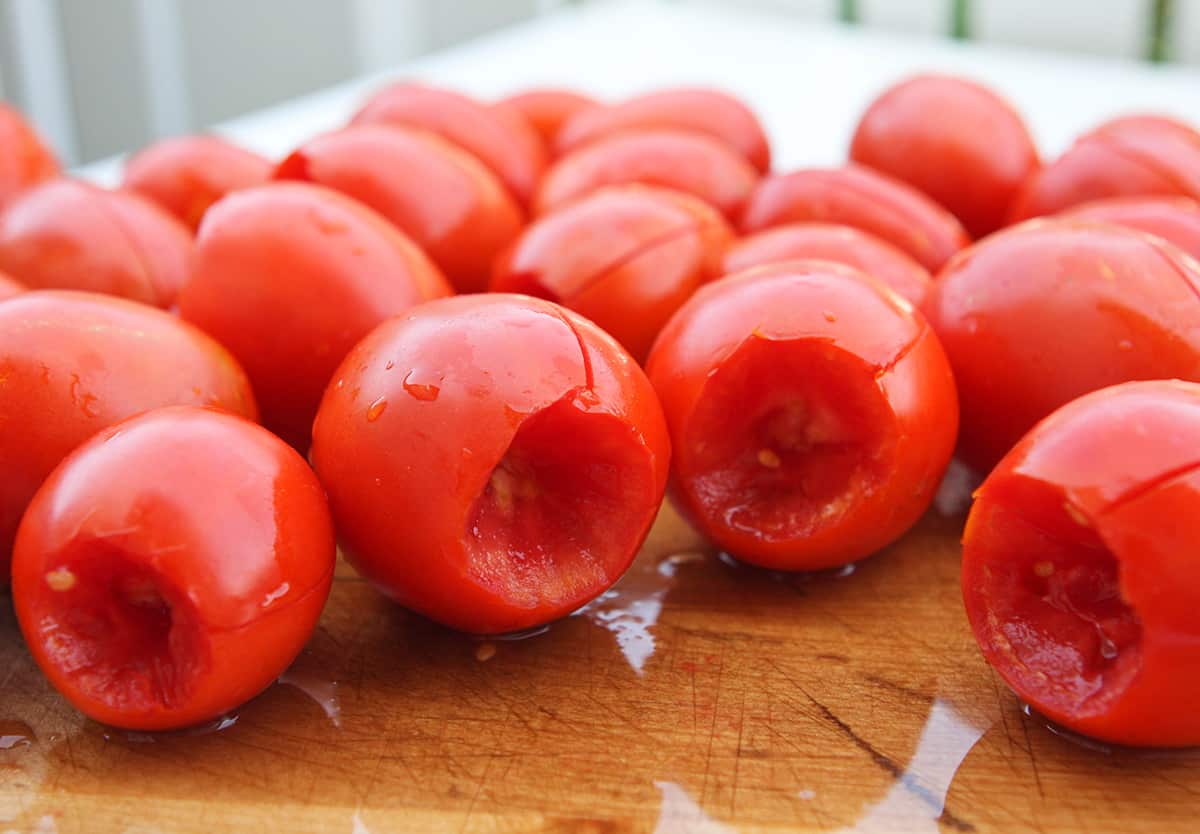

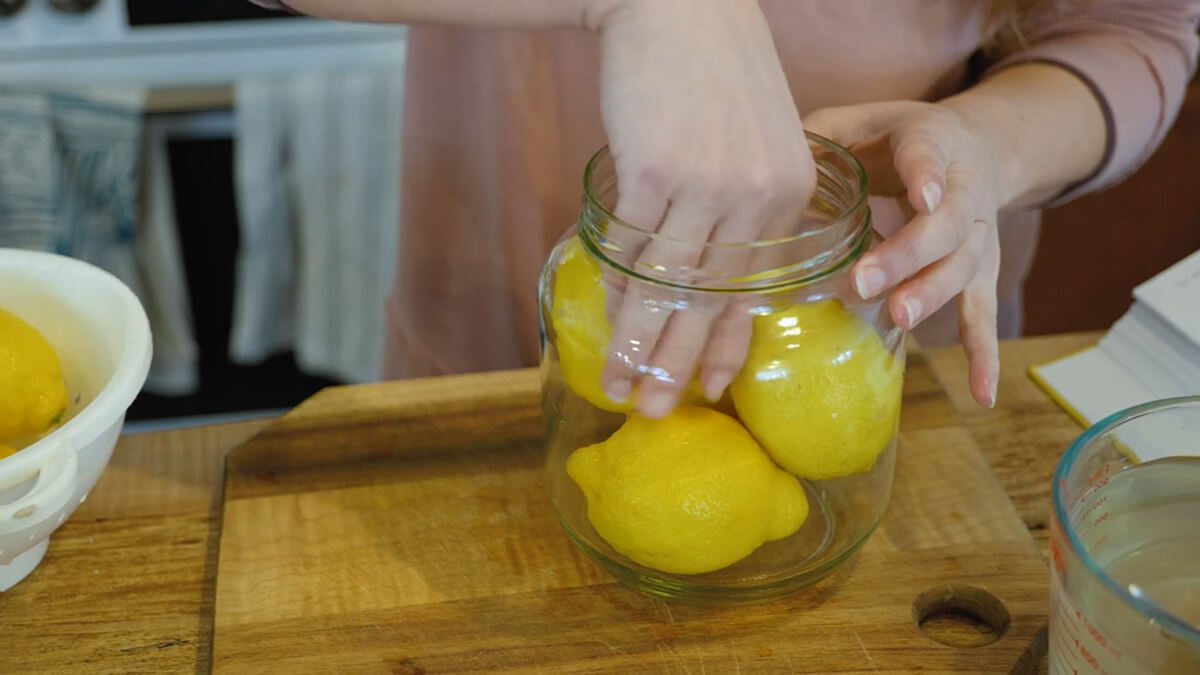
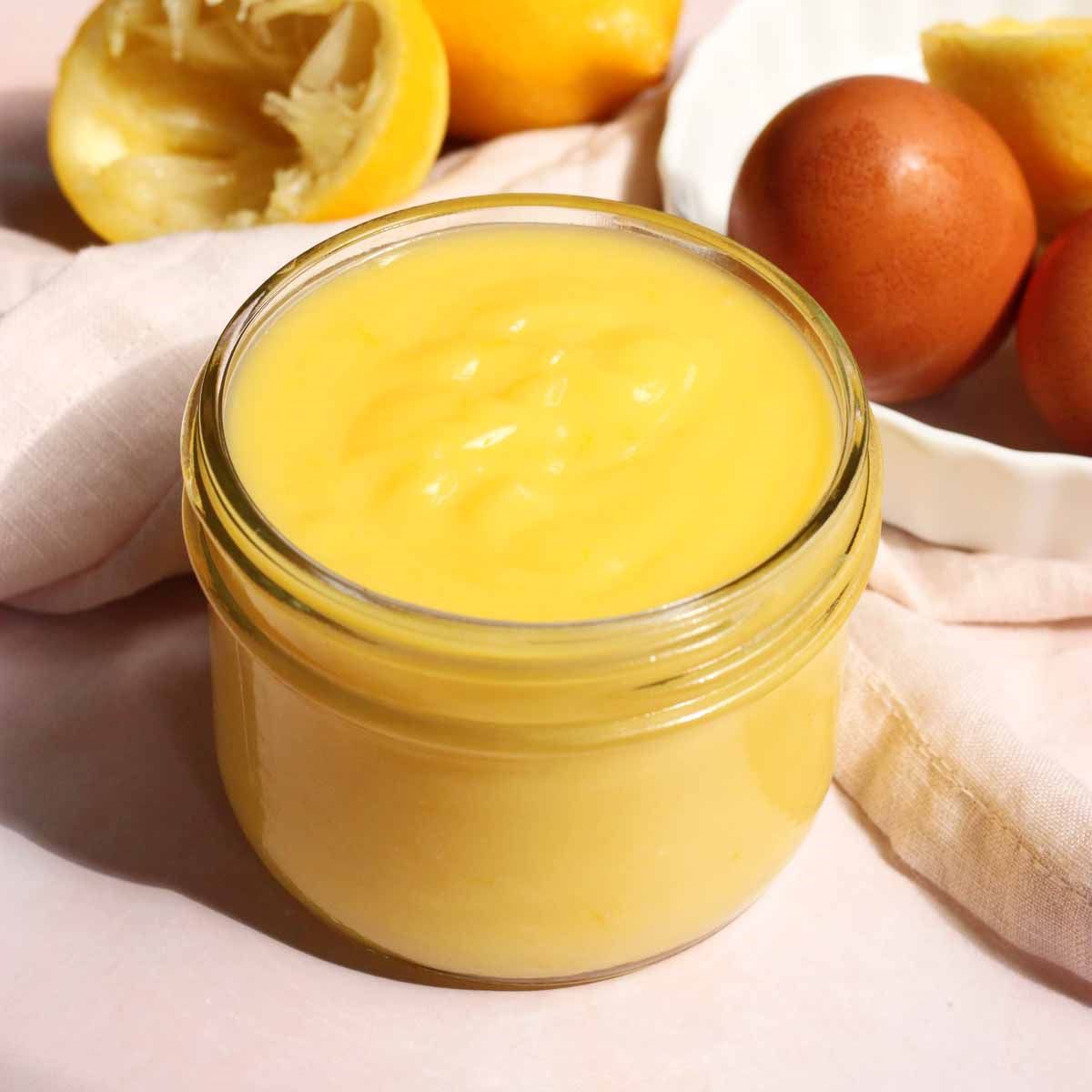
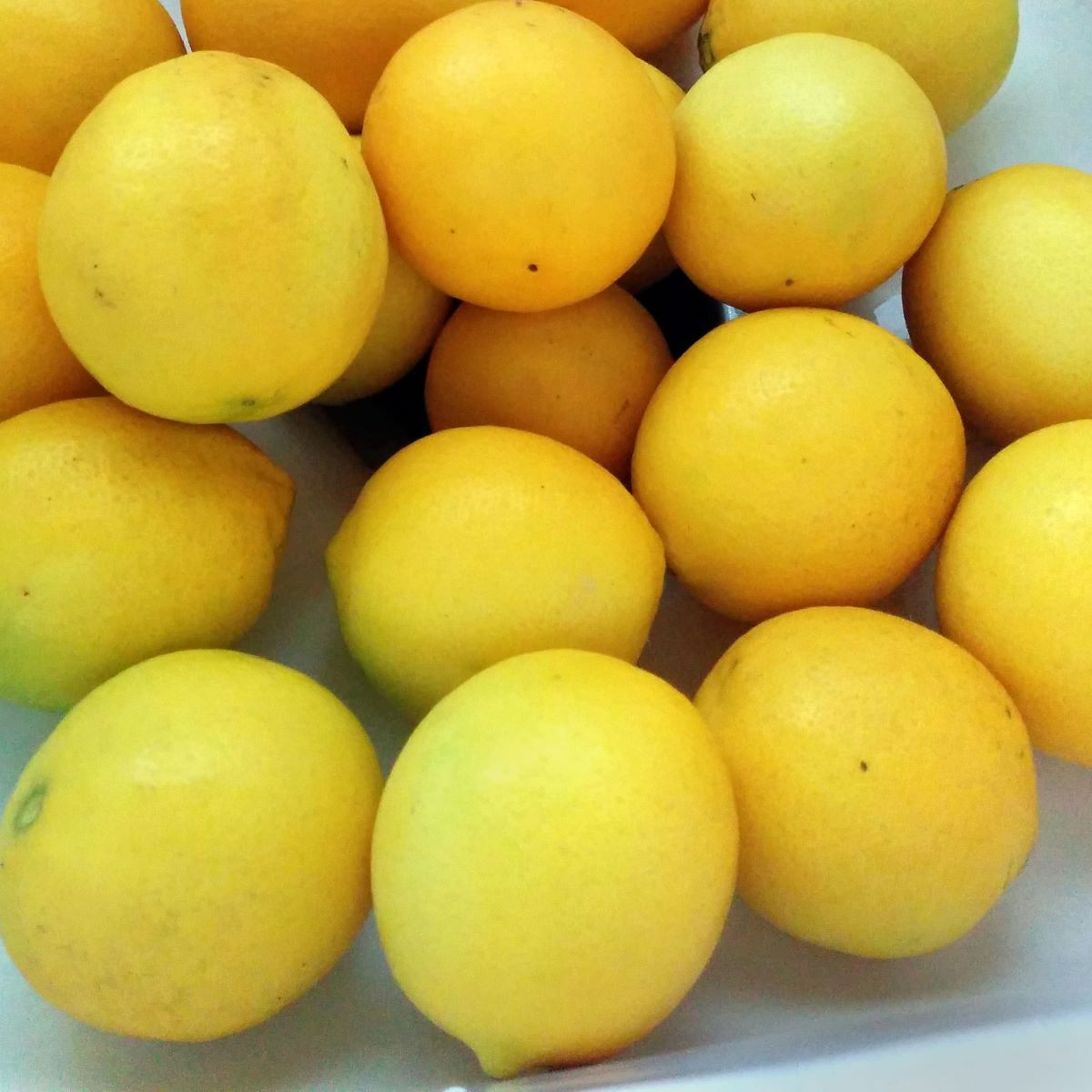
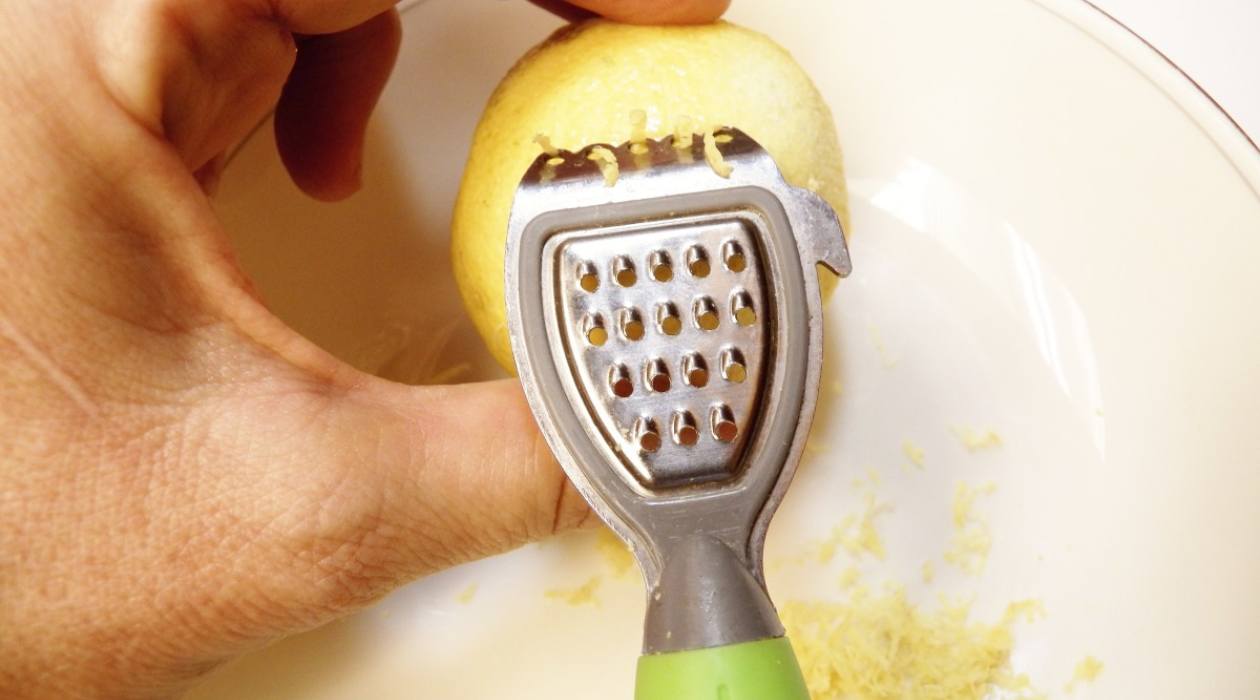
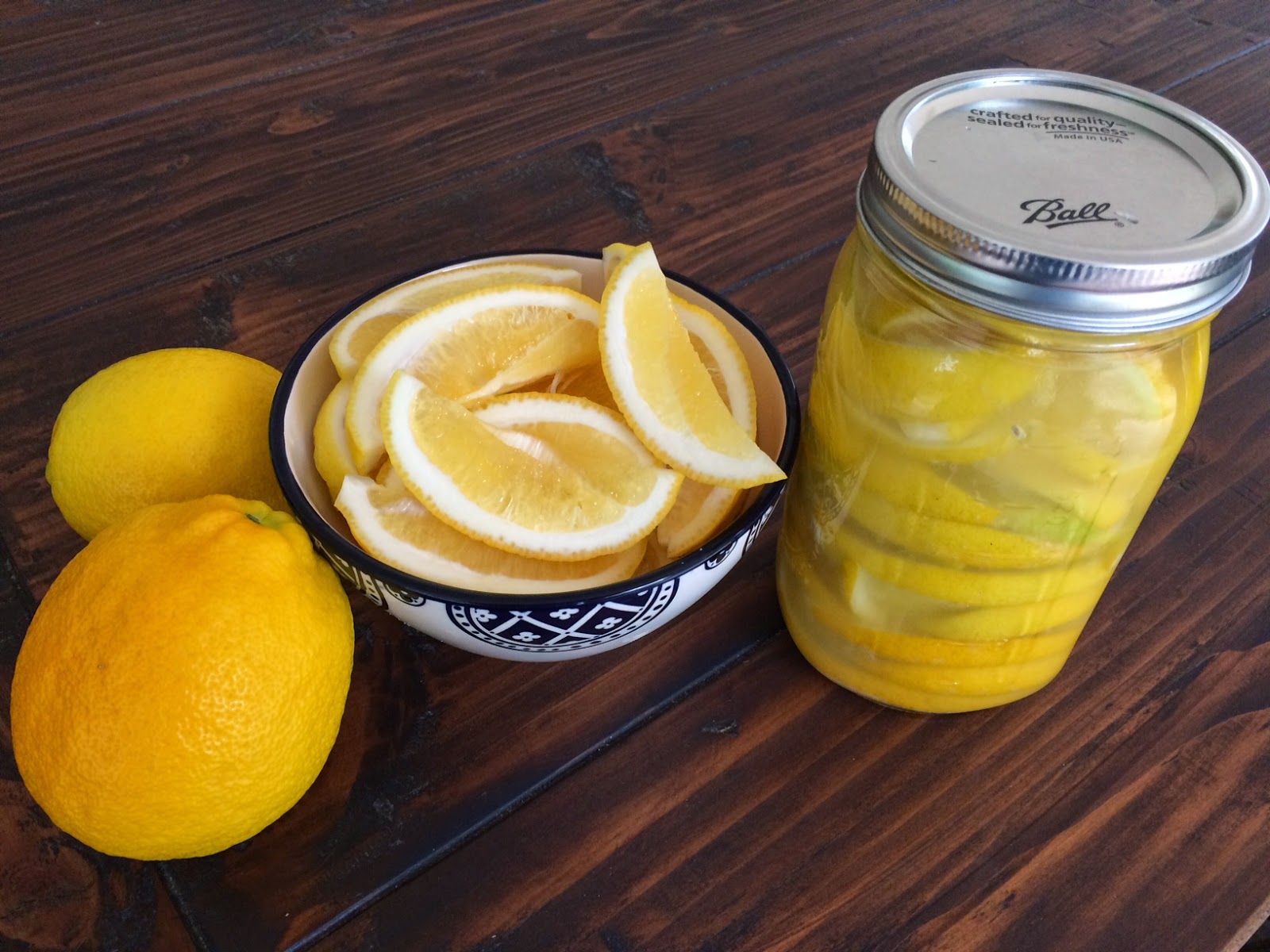
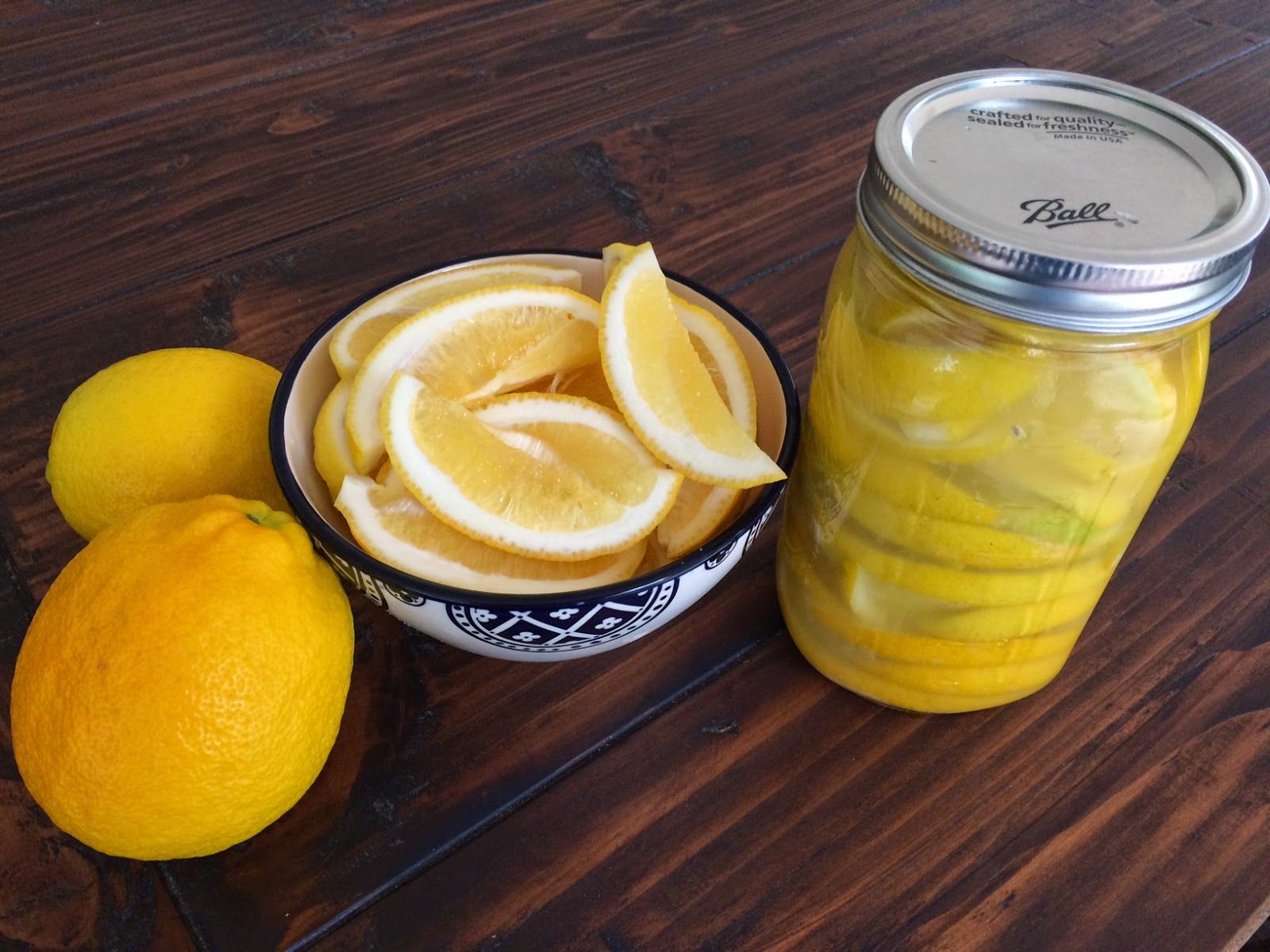

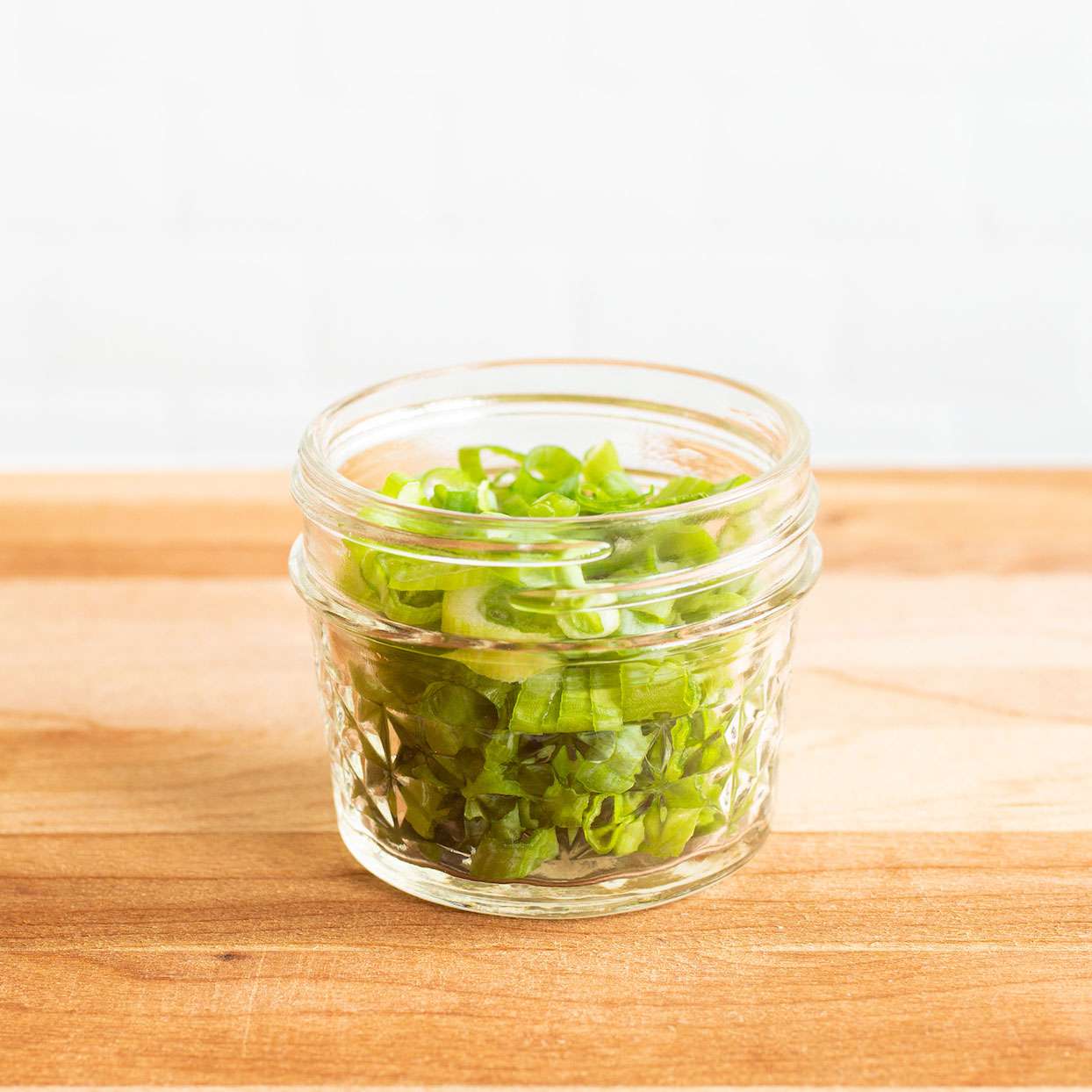

0 thoughts on “How To Store Lemons For Months”